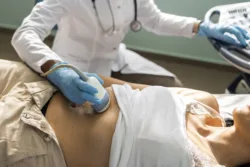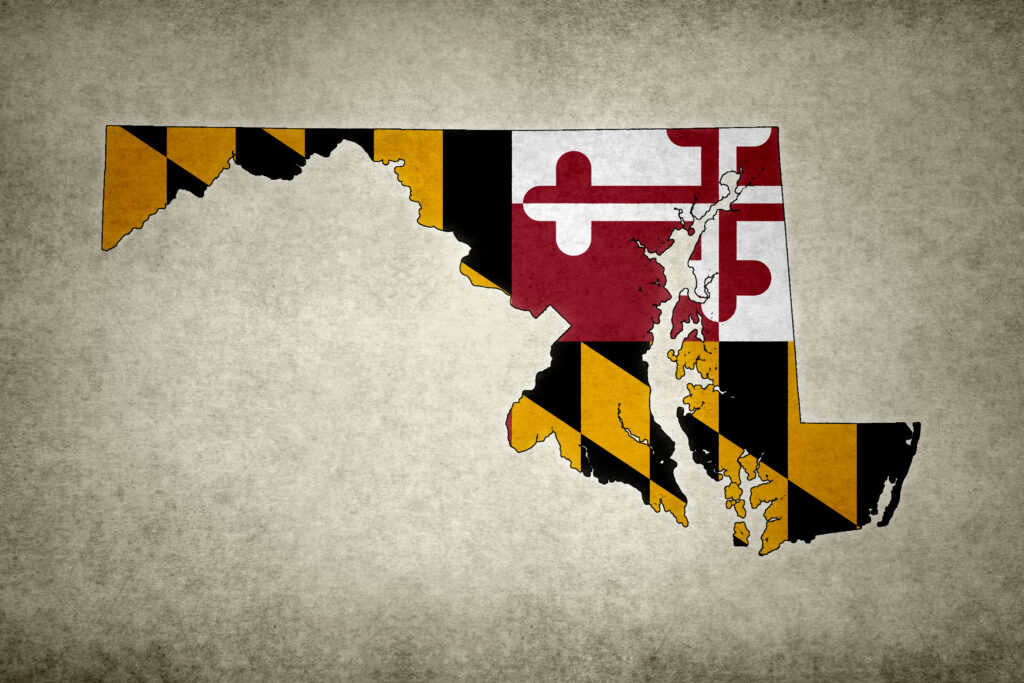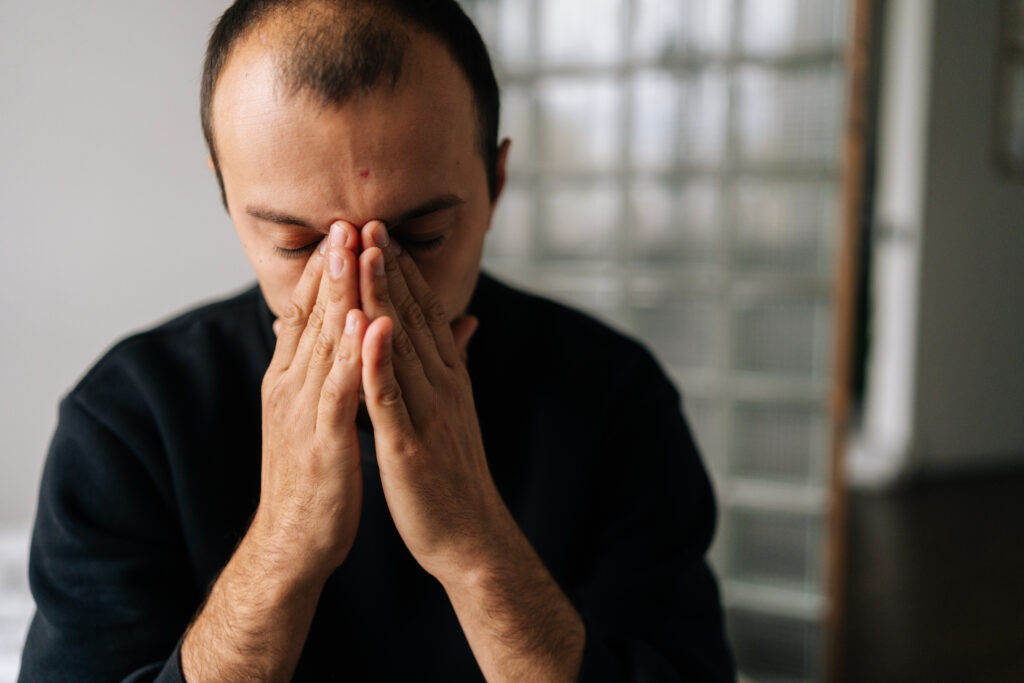The Effects of Alcohol Abuse on Individuals and Families

Whether you live in the state of Virginia or not, you’ll want to know about the difference between alcohol use disorder and binge drinking, plus these alcohol abuse statistics and the impact excessive drinking can have on families.
Alcohol abuse
Alcohol abuse is a broad term used to signify when alcohol is consumed in excess. The National Institute on Alcohol Abuse and Alcoholism defines heavy drinking for men as consuming four or more drinks on one day or 14 or more drinks per week, and 3 or more drinks per day and more than seven drinks per week for women.
Alcohol abuse can also occur for those who drink less than the numbers listed above. Alcohol abuse includes those who continue to consume alcohol while underage, pregnant or on medication incompatible with alcohol.
Alcohol use disorder
Alcohol use disorder is perhaps the most severe form of alcohol abuse. Over time, if problematic drinking continues, a person will develop a tolerance and then a chemical dependence on a substance. When a person is unable to control drinking despite numerous attempts, an alcohol use disorder is likely to present.
An alcohol use disorder is a diagnosable mental health condition. A person with this disorder will be constantly preoccupied with obtaining the next drink, even when it results in negative consequences.
A person who has an alcohol use disorder and tries to stop drinking will experience painful withdrawal symptoms, often driving him back to continued drinking.
Binge drinking
Binge drinking is a type of alcohol abuse but it is not equivalent to alcohol use disorder. Binge drinking is characterized by intense bouts of drinking, and could very well lead to an alcohol use disorder.
The National Institute on Alcohol Abuse and Alcoholism describes binge drinking as a pattern of drinking that raises the body’s blood alcohol content to above .08 percent. This is often quantified as five or more drinks for men and four or more drinks for women within a period of two hours or less.
Alcohol abuse statistics in Virginia
The consequences of alcohol use disorder and binge drinking are severe. The nationwide impact is astounding, but the reality can really set in when you consider statistics closer to home.
Sadly, one of the most common and disastrous results of alcohol abuse is death. The Virginia Department of Health compiled data from 2016 to 2020 and found that alcohol-related deaths increased each year in that span, with the highest increase in 2020. These deaths were caused by:
- Alcoholic liver disease
- Non-alcohol poisoning
- Liver cirrhosis
- Motor vehicle traffic crashes
- Suicide
Alcohol abuse not only harms individuals but has the potential to do physical harm to others around them, especially when you consider the danger of driving under the influence of alcohol. According to Responsibility.org, in 2019 there were 236 alcohol-related driving fatalities in the state of Virginia and over 20,000 DUI arrests.
Effects of alcohol abuse
The effects of alcohol abuse are serious and affect the individual, his or her family and the broader community. The short-term effects of problematic drinking include:
- Accidental injuries (such as drowning or motor vehicle accidents)
- Violence
- Alcohol poisoning
- Reduced cognitive functioning
- Poor decision making
The long-term effects of alcohol abuse build on the short-term effects and include hypertension, heart disease, an increased chance of stroke and liver disease. Untreated alcohol use disorders can also increase a person’s risk of cancer.
It is imminent that a drinking problem will build a tolerance and alcohol dependence that interferes with daily living. This can cause memory and learning problems and can lead to irreversible damage.
Effects of alcohol use on family
The effects of alcohol use on families are varied and far-reaching. Each family may experience different struggles based on numerous factors, but there are many common experiences listed here.
- Strain on relationships: being in a close relationship with someone who struggles with an alcohol use disorder or binge drinking can cause major tension. It can lead to guilt, anger, hopelessness, loneliness, codependency or other types of dysfunction.
- Danger: a person who is constantly under the influence of substances is more likely to display aggressive or violent behaviors, irritability or harm others through accidental injuries.
- Legal troubles: when a family member struggles with alcohol use disorder, legal issues may also come up. Whether it’s a DUI or a homicide charge for driving while drunk, the emotional strain this causes can feel unbearable.
- Financial struggles: supporting someone who is dealing with alcohol abuse can be costly. Alcohol-related expenses can include legal fees, damage done while intoxicated and the cost of rehab.
Seeing the alcohol use disorder effects play out in a loved one’s life can be heart-wrenching. If you’re looking to get help for a loved one, it’s time to reach out.
Pyramid Healthcare can support you and your loved one in this difficult time. Reverse the effects of alcohol use on families and find healing. Call today.
Whether you live in the state of Virginia or not, you’ll want to know about the difference between alcohol use disorder and binge drinking, plus these alcohol abuse statistics and the impact excessive drinking can have on families.
Alcohol abuse
Alcohol abuse is a broad term used to signify when alcohol is consumed in excess. The National Institute on Alcohol Abuse and Alcoholism defines heavy drinking for men as consuming four or more drinks on one day or 14 or more drinks per week, and 3 or more drinks per day and more than seven drinks per week for women.
Alcohol abuse can also occur for those who drink less than the numbers listed above. Alcohol abuse includes those who continue to consume alcohol while underage, pregnant or on medication incompatible with alcohol.
Alcohol use disorder
Alcohol use disorder is perhaps the most severe form of alcohol abuse. Over time, if problematic drinking continues, a person will develop a tolerance and then a chemical dependence on a substance. When a person is unable to control drinking despite numerous attempts, an alcohol use disorder is likely to present.
An alcohol use disorder is a diagnosable mental health condition. A person with this disorder will be constantly preoccupied with obtaining the next drink, even when it results in negative consequences.
A person who has an alcohol use disorder and tries to stop drinking will experience painful withdrawal symptoms, often driving him back to continued drinking.
Binge drinking
Binge drinking is a type of alcohol abuse but it is not equivalent to alcohol use disorder. Binge drinking is characterized by intense bouts of drinking, and could very well lead to an alcohol use disorder.
The National Institute on Alcohol Abuse and Alcoholism describes binge drinking as a pattern of drinking that raises the body’s blood alcohol content to above .08 percent. This is often quantified as five or more drinks for men and four or more drinks for women within a period of two hours or less.
Alcohol abuse statistics in Virginia
The consequences of alcohol use disorder and binge drinking are severe. The nationwide impact is astounding, but the reality can really set in when you consider statistics closer to home.
Sadly, one of the most common and disastrous results of alcohol abuse is death. The Virginia Department of Health compiled data from 2016 to 2020 and found that alcohol-related deaths increased each year in that span, with the highest increase in 2020. These deaths were caused by:
- Alcoholic liver disease
- Non-alcohol poisoning
- Liver cirrhosis
- Motor vehicle traffic crashes
- Suicide
Alcohol abuse not only harms individuals but has the potential to do physical harm to others around them, especially when you consider the danger of driving under the influence of alcohol. According to Responsibility.org, in 2019 there were 236 alcohol-related driving fatalities in the state of Virginia and over 20,000 DUI arrests.
Effects of alcohol abuse
The effects of alcohol abuse are serious and affect the individual, his or her family and the broader community. The short-term effects of problematic drinking include:
- Accidental injuries (such as drowning or motor vehicle accidents)
- Violence
- Alcohol poisoning
- Reduced cognitive functioning
- Poor decision making
The long-term effects of alcohol abuse build on the short-term effects and include hypertension, heart disease, an increased chance of stroke and liver disease. Untreated alcohol use disorders can also increase a person’s risk of cancer.
It is imminent that a drinking problem will build a tolerance and alcohol dependence that interferes with daily living. This can cause memory and learning problems and can lead to irreversible damage.
Effects of alcohol use on family
The effects of alcohol use on families are varied and far-reaching. Each family may experience different struggles based on numerous factors, but there are many common experiences listed here.
- Strain on relationships: being in a close relationship with someone who struggles with an alcohol use disorder or binge drinking can cause major tension. It can lead to guilt, anger, hopelessness, loneliness, codependency or other types of dysfunction.
- Danger: a person who is constantly under the influence of substances is more likely to display aggressive or violent behaviors, irritability or harm others through accidental injuries.
- Legal troubles: when a family member struggles with alcohol use disorder, legal issues may also come up. Whether it’s a DUI or a homicide charge for driving while drunk, the emotional strain this causes can feel unbearable.
- Financial struggles: supporting someone who is dealing with alcohol abuse can be costly. Alcohol-related expenses can include legal fees, damage done while intoxicated and the cost of rehab.
Seeing the alcohol use disorder effects play out in a loved one’s life can be heart-wrenching. If you’re looking to get help for a loved one, it’s time to reach out.
Pyramid Healthcare can support you and your loved one in this difficult time. Reverse the effects of alcohol use on families and find healing. Call today.







